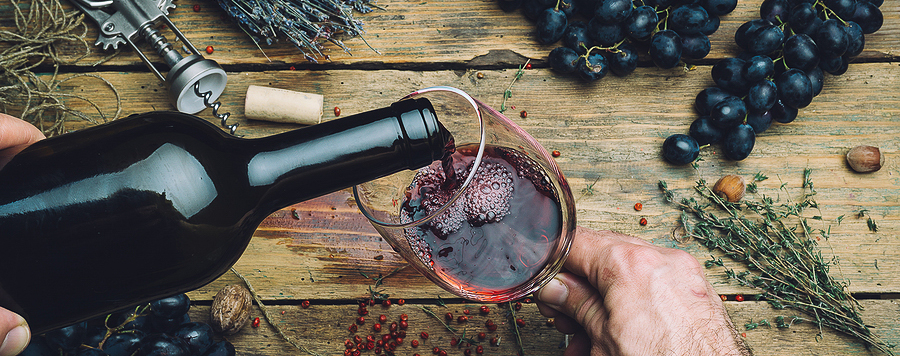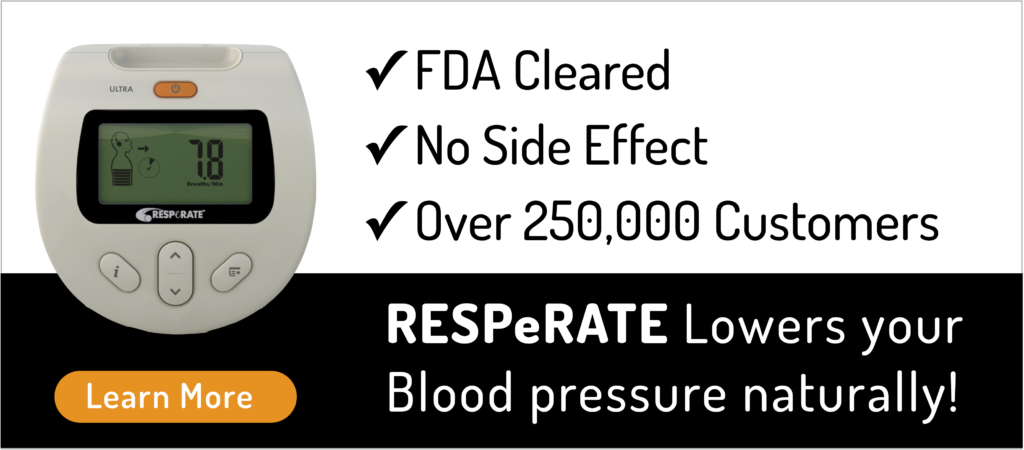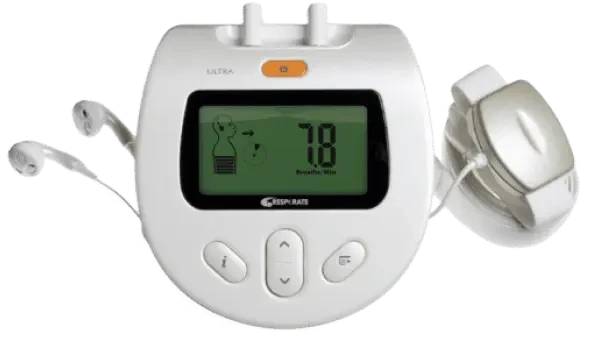Red wine contains antioxidants called polyphenols, particularly resveratrol, which may help protect against heart disease. Some research suggests that moderate red wine consumption, as part of a balanced diet like the Mediterranean diet, may have beneficial effects on cardiovascular health, including potentially lowering blood pressure.
In addition to blood pressure medications and lifestyle changes, some experts recommend drinking wine. But, does red wine lower blood pressure?. Before drinking red wine, consult your physician to make sure that the alcohol in the red wine will not alter the effects of your medications.
The heart-healthy benefits of red wine are often credited to antioxidants called polyphenols. Experts have different opinions, however, about exactly how the polyphenols may benefit the heart.
Dutch researchers have found that the polyphenols don’t seem to promote heart health by reducing blood pressure.
“Our findings do not support [the idea] that potential cardiovascular benefits of red wine consumption result from blood pressure lowering by polyphenols,” says researcher Ilse Botden, MD, a Ph.D. student at Erasmus Medical Center in Rotterdam, Netherlands.
The findings don’t suggest red wine isn’t still heart-healthy — just that it doesn’t seem to work by lowering blood pressure, Botden says.
The benefit of red wine and heart health, she says, ”apparently occurs in a blood pressure-independent manner.”
Here’s what Dr. Michael Greger has to say about that:
Health benefits of red wine
- Improve HDL
- Prevent Blood Clots
- Stress Relief
Drinking red wine regularly may increase your HDL, or high-density lipoprotein states the American Heart Association. HDL is the “good” cholesterol that removes plaques from your arteries, thus lowering blood pressure.
The effect of increasing HDL is from the alcohol in the red wine. Over time, this small increase in HDL can reduce the risk for cardiovascular disease.
An added benefit of drinking red wine is that it may reduce blood clots, states the American Heart Association. Blood clots form when platelets clump together in the blood. Excessive blood-clot formation in the arteries can worsen plaques and increase blood pressure.
Resveratrol is a polyphenol found in red wine that may have anti-clotting properties, thus reducing your risk of developing a blood clot and leading to a positive effect on blood pressure.
A serving of red wine at night can help you relax and relieve stress because it slows down activity in the nervous system. Stress can raise blood pressure and increase your risk for cardiovascular disease.
You should not, however, begin drinking red wine to lower your blood pressure or for stress relief if you do not already drink alcohol. Men should not consume more than two drinks per day, and women should limit alcohol intake to one drink per day.
Watch how Julie Lowered her Blood Pressure Naturally.
It was 170/110, this morning it was 120/80
Learn MoreWhat About Non-Alcoholic Red Wine?
A team of Spanish researchers recruited 67 men between ages 55 and 75, all with diabetes or cardiovascular risk factors. Each man drank red wine daily for four weeks, then drank non-alcoholic red wine daily for four weeks, then drank gin daily for four weeks. The daily amounts were moderate: 10 ounces of wine or three ounces of gin. That’s about two drinks a day.
When the men drank non-alcoholic red wine, their systolic blood pressure (the top number of a blood pressure reading) decreased on average by 6 points. That’s enough to reduce heart disease risk by 14% and stroke risk by as much as 20%, according to the researchers.
There was no change in blood pressure when the men drank gin and only a small reduction in blood pressure when they drank regular red wine.
Conclusion
Researchers also found that the men’s plasma nitric oxide levels went up when they drank non-alcoholic red wine. That’s a good thing, because nitric oxide relaxes blood vessel walls, allowing better blood flow.
The NO levels went up only slightly when the men drank regular red wine, and not at all when they drank gin.
The results of the study look like something to toast: you can get polyphenol and nitric oxide benefits without having to drink alcohol and risk the dangers that come with it. Not so fast, says Dr. Bhatt. “It makes scientific sense, but these findings really need to be confirmed in other studies,” he reminds us.
What the study doesn’t tell us is how non-alcoholic red wine stacks up against regular red wine for preventing heart attacks or other cardiovascular problems.
An excellent discussion of the benefits and risks of drinking red wine and other alcoholic beverages is available on The Nutrition Source, a website published by the Harvard School of Public Health’s Department of Nutrition.
Moderation is Key
The key to potentially benefiting from red wine is moderation. For individuals considering red wine for its health benefits, it’s essential to weigh the potential advantages against the risks and consult with a healthcare provider.
In conclusion, while some evidence suggests that moderate red wine consumption may have a positive effect on blood pressure, the overall impact of red wine on cardiovascular health is still a subject of research. As with any aspect of health, moderation and a balanced lifestyle are crucial. Individuals should consult healthcare professionals for personalized advice on alcohol consumption and its effects on their health.
 Eli Ben-Yehuda
Eli Ben-Yehuda 









Comments